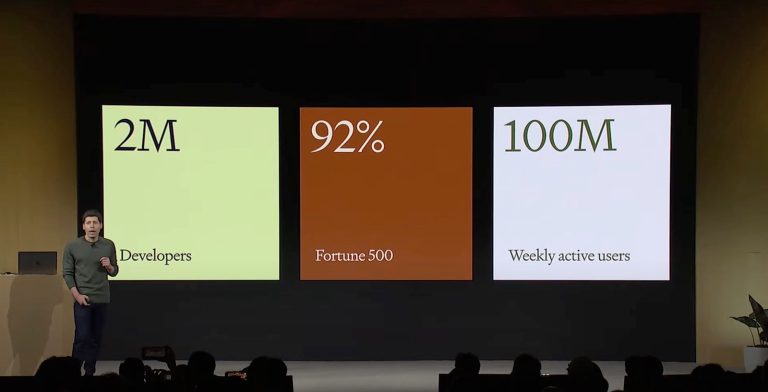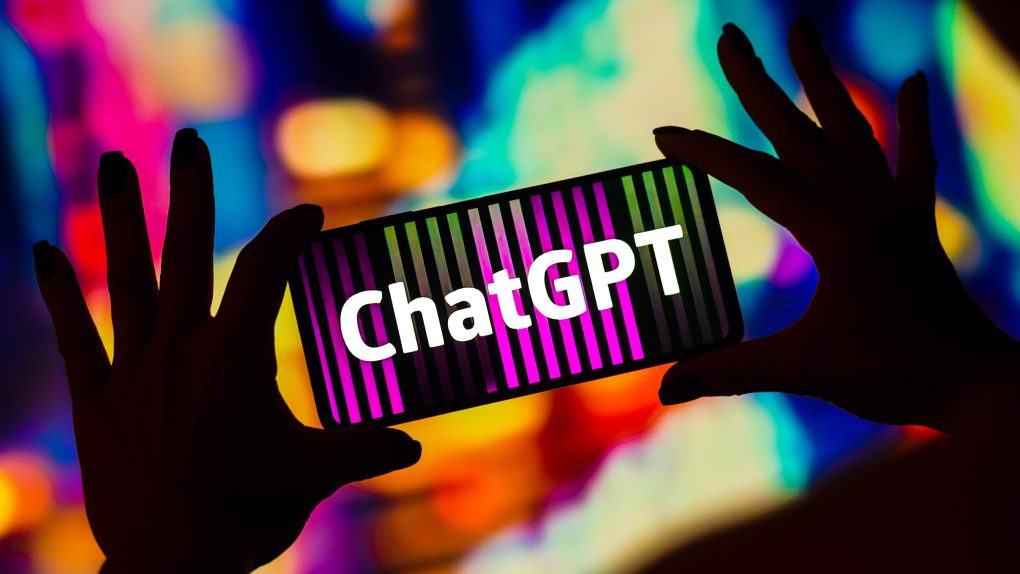After a year of generative AI taking the world by storm, it’s clear artificial intelligence is here for good and will change the way we interact with technology. Just hours ago, I asked ChatGPT Plus to make me a list of every European marathon event in chronological order and make the entries hosting semi-marathon races bold. It failed twice, as the task was too big for GPT-4.
We then settled on doing just January. This time, it worked. The list was done in a few seconds.
These are trivial endeavors, of course, but services like ChatGPT are expected to do amazing things down the road. The same people who worry about AI ending humanity also expect the AI they’re developing to fix many important world problems, such as inventing things that we can’t invent right now because we’re simply not as bright.
Before we get there, we’ll have to figure out how to credit AI for its inventions. The UK Supreme Court just issued a landmark ruling that says AI can’t be the inventor of patents. Only “natural persons” can be inventors.
Wait a second. Is AI already inventing stuff that’s worth patenting? Apparently, the answer is yes. Certain AI software can invent things. I doubt we’ve reached FOOM levels — not that AI would necessarily let us know. But some inventors, like a US computer scientist, think they can.
Stephen Thaler wanted his AI “creativity machine” DABUS to be granted inventor status for two patents in the UK. What did this machine invent that’s so valuable? From Wikipedia:
DABUS (Device for the Autonomous Bootstrapping of Unified Sentience is an artificial intelligence (AI) system created by Stephen Thaler. It reportedly conceived of two novel products — a food container constructed using fractal geometry, which enables rapid reheating, and a flashing beacon for attracting attention in an emergency.
His request was refused by the UK’s Intellectual Property Office (IPO), per Reuters. The agency said a human or a company must be the inventor, not a machine. Thaler appealed to the UK’s Supreme Court.
The superior body issued its ruling on Wednesday, rejecting the appeal. Under UK patent law, “an inventor must be a natural person.”
Judge David Kitchin said in the written ruling that the case wasn’t about “the broader question whether technical advances generated by machines acting autonomously and powered by AI should be patentable.” It’s just how the current law works right now.

It’s not just in the UK. Reuters further reports that Thaler tried to have his AI credited as an inventor for the patents in the US. The US Patent and Trademark Office refused to issue the patents to AI. The US Supreme Court declined to hear the challenge.
The same Wikipedia page shows that other jurisdictions declined to award patents to a non-human for these inventions. The list includes Australia, Europe, and New Zealand. South Africa is the only exception, awarding DABUS the status of inventor on a patent.
These developments indicate that the current patent law isn’t prepared for a future where AI may have a bigger role in developing inventions. As such, laws might need to be changed to factor in such developments.
Currently, the smart AI we’re using, like the one that can’t even give me an exhaustive list of marathons for an entire continent for the duration of a year, generates stuff for us. When it can. We get text, images, music, and whatever else ChatGPTs can put out.
There will come a time when AI will be tasked with inventing things or will have to create new things to evolve. Our laws will have to take into account that possibility. Those inventions will have to be protected via patents. If AI can’t be credited for them, then the natural persons or companies overseeing the AI will be the inventors.
While we wait, I’ll see what ChatGPT can tell me about running marathons in February.








